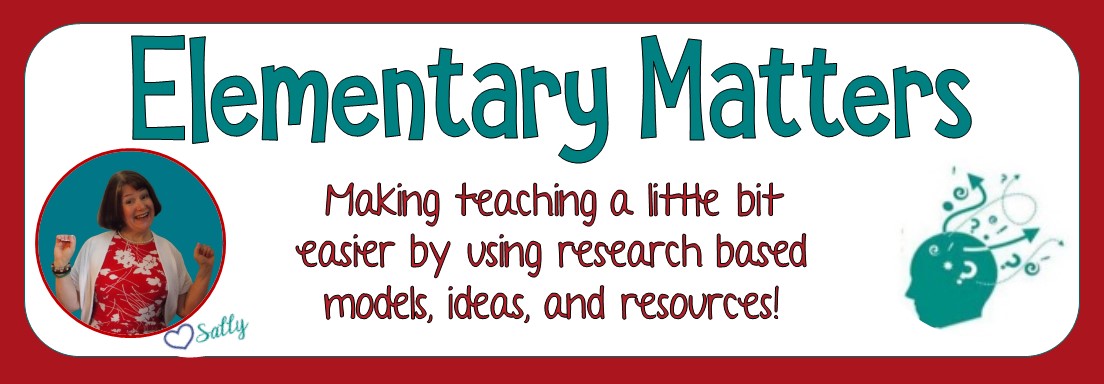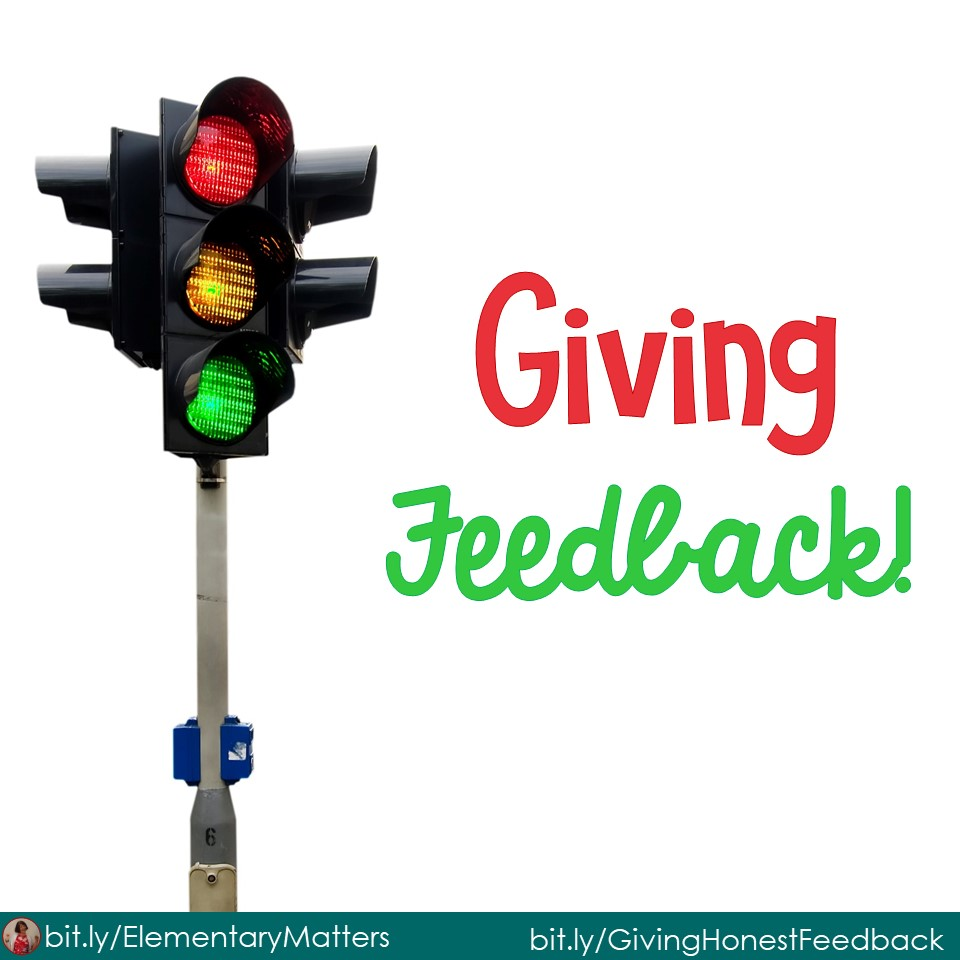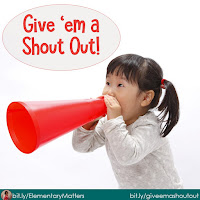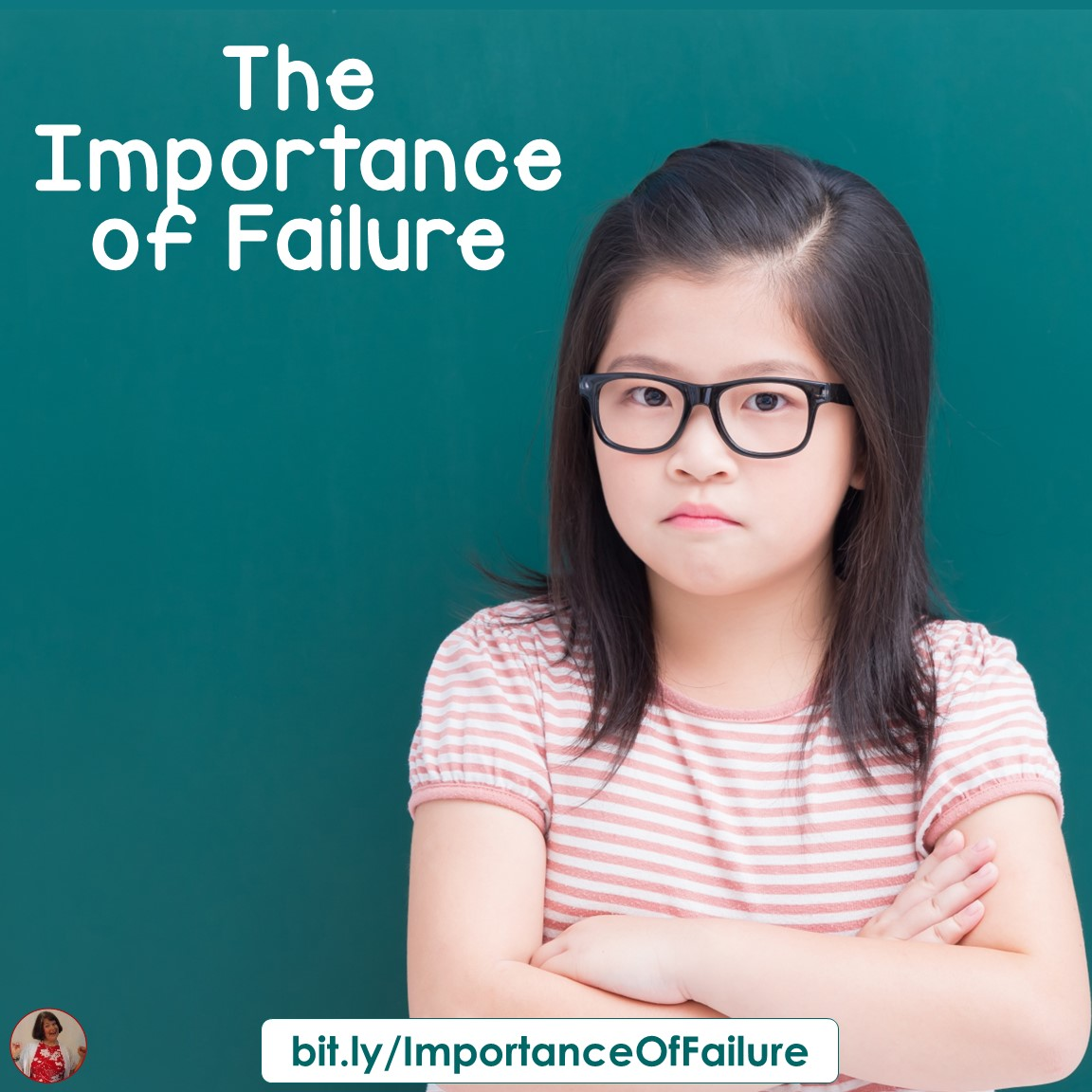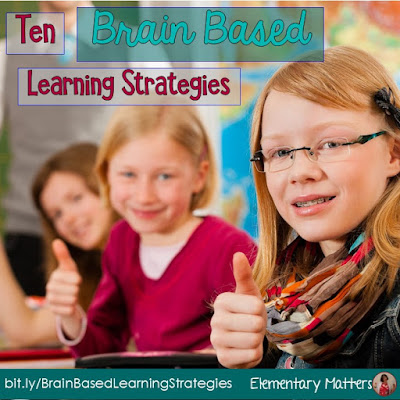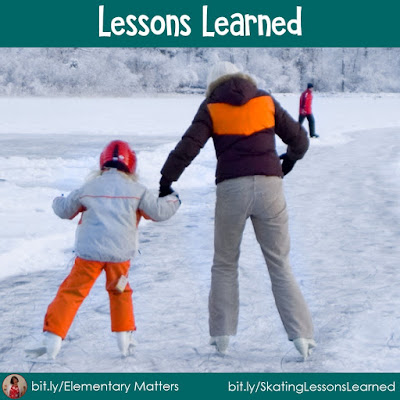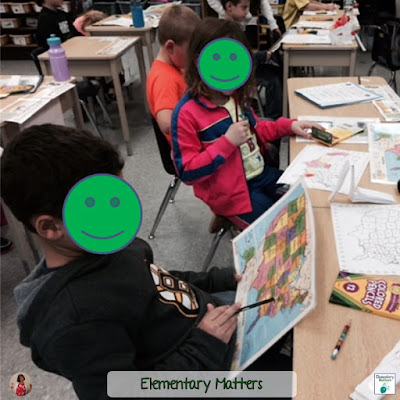Today's post is all about motivating students.
These are ten of the ways I motivate students:
Pride!
Luckily, there are some students who take pride in themselves and just plain want to do well. They want to make the teacher happy. Don't you love these kids? Don't you wish there were more of these? Unfortunately, there are a lot of kids who don't have pride in themselves, or just don't have enough. (This is something we can work on!) Therefore, we need the other nine.

 Stickers!
Stickers!
Children love stickers. A hefty supply is necessary for most teachers of little ones. Personally, I usually only give out stickers for homework, but many teachers give out stickers for daily work. My students work pretty hard for one sticker for homework each day! On special occasions, I'll pull out the scented stickers!
Working with a partner!
Kids are social, and the idea of working with another child is super motivating. Let them choose their own partner, and you'll be their hero! They can read with a partner, write a story with a partner, or practice math facts. There's a whole world of possibilities.
I think this is a "win-win". We know that kids need to run and exercise and burn off steam. The promise of being able to do what they need to do is motivating for the kids to work!
Inspire them!
I find if I say a few words about a book, the children all want to read that book. If I show them a sample of my writing, they want to try a similar piece of writing. If I make something look interesting or fun, they want to try it. I could never sell cars, but I sure can sell a book to a kid!
Let them put something cool on their desk for a while!
Personally, I use a collection of beanie babies that I've saved since my daughter was little. They can keep it on their desk for the day. If they do something quite spectacular, I let them keep a little flag on their desk for a week. They are mighty proud of these, and they can tell you what each little trophy is for!
There are so many possibilities for games. There are group games like Around the World, Scoot, and variations of Jeopardy, Hollywood Squares, and Family Feud. Then there are partner games, centers, and activities. Sometimes they have so much fun, they don't even realize they're learning!
Group Projects!
When there is a product and a "performance" involved, the kids get moving! Most kids love working in small groups putting together some sort of project, then others are super motivated by the thought of standing in front of their class. They really remember these group projects for years to come.
Have a dance party!
This works well for my group. You can work out the details, but if they reach a certain point, just stop for the moment, and turn on the music. My kids love this, as it happens to be a group that really responds to music and movement. It only takes a few minutes of the day, and they've had their exercise and burned off some steam. That makes a dance party another "win-win"! Other forms of this type of group reward can be a pizza party or a make-your-own ice cream party. (The dance party is cheaper, though!)
Special recognition!
Single out a student for spectacular work. I often read examples of good work, or hold up examples of good effort on handwriting. I have a Super Improvers Wall, where they get stickers and work their way up the ladder when we notice they have improved at something - it can be anything from remembering to pass in homework, to improvement in behavior, to improvement in knowing math facts. One of my students said moving on the improvement board was even better than earning a flag for a week! See HERE for more about the Super Improvers Wall!)

This is just a small sampling of the possibilities for motivating students.
